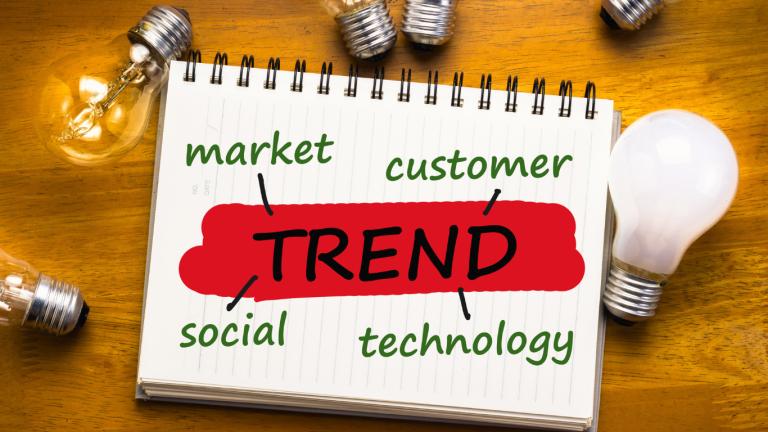
In early 2020, the world watched as healthcare systems faced unprecedented challenges due to the COVID-19 pandemic. Overwhelmed hospitals, critical supply shortages, and an exhausted workforce became global headlines. Dr. Tedros Adhanom Ghebreyesus, Director-General of the World Health Organization (WHO),
remarked that the pandemic exposed "the fragility of health systems globally," urging leaders to act decisively.
As the dust settles, the pandemic's legacy leaves behind invaluable lessons. From crisis management to resilience strategies, healthcare stakeholders now have an unparalleled opportunity to transform systems, ensuring they are stronger and more agile for the future.
Crisis Management: Acting Under Pressure
The pandemic highlighted the need for rapid, decisive action in times of crisis. Delayed responses often exacerbated challenges, from bed shortages to insufficient protective equipment.
Actionable Insights:
- Establish Early Warning Systems: Integrate real-time data monitoring to identify and respond to emerging threats.
- Crisis Response Frameworks: Implement scenario-based training for healthcare leaders to enhance decision-making under pressure.
- Cross-Sector Collaboration: Forge partnerships between governments, private enterprises, and NGOs to streamline emergency response efforts.
Building Resilient Healthcare Infrastructures
Resilience became a critical term during the pandemic, underscoring the importance of robust systems capable of absorbing shocks. Countries with decentralized healthcare models often fared better, with localized decision-making enabling swifter responses.
Actionable Insights:
- Infrastructure Investments: Modernize healthcare facilities with adaptive designs to handle patient surges.
- Integrated Care Networks: Strengthen coordination between primary care, specialty providers, and emergency services to ensure seamless care delivery.
- Diversified Funding Models: Mitigate financial vulnerabilities by balancing public and private investments in healthcare systems.
Supply Chain Optimization: A Lifeline for Healthcare
The global supply chain disruption revealed the risks of over-reliance on single suppliers or regions for critical resources. Healthcare organizations struggled to source PPE, ventilators, and vaccines, underscoring the need for resilient supply chains.
Actionable Insights:
- Local Production Capacity: Invest in domestic manufacturing for essential medical supplies to reduce dependency on global supply chains.
- Predictive Analytics: Leverage AI to forecast demand for critical resources during crises, enabling proactive stockpiling.
- Supplier Diversification: Build relationships with multiple suppliers across regions to ensure redundancy and flexibility.
Workforce Agility: The Heart of Resilience
Healthcare professionals bore the brunt of the pandemic, with many experiencing burnout, stress, and attrition. Workforce agility—both in terms of capacity and capability—proved essential to managing surges and maintaining quality care.
Actionable Insights:
- Flexible Staffing Models: Adopt rotational shifts and cross-functional training to optimize staff utilization during crises.
- Wellness Programs: Prioritize mental health support and burnout prevention initiatives to sustain workforce morale.
- Digital Upskilling: Train staff to leverage telehealth platforms and advanced medical technologies, expanding care delivery options.
Transforming Lessons into Action
The COVID-19 pandemic was a stress test for healthcare systems worldwide, exposing vulnerabilities but also catalyzing innovation and collaboration. By adopting the lessons learned—from optimizing supply chains to investing in workforce resilience—healthcare leaders can build systems that are not only more robust but also more responsive to future challenges.

_medium.png)


















